John Glenn College of Public Affairs
Ohio Education Research Center
News

OERC Interns for 2026
The Ohio Education Research Center (OERC) hosts the Public Sector Data Science Internship for students at The Ohio State University. The program is designed for students interested in exploring careers in policy research and evaluation and in using data-based methods to investigate policy problems. Students will be assigned to a partner state agency in Columbus, Ohio for the summer. The chief goal of the program is to offer ways to explore the exciting work that the OERC and its affiliated partners are engaged in and to give students practical experience with the theory they learn in college classes.
Archived News

The Ohio Education Research Center is pleased to welcome our new Quantitative Research Analyst, Sean Franco
Sean Franco joins the OERC as a Quantitative Research Analyst, bringing a strong background in quantitative policy analysis. We interviewed Mr. Franco to learn more about his academic journey and the aspirations he brings to his role at the OERC.

OERC hosts visiting researcher, Thanarat Chotikasathian
This summer, the OERC hosted visiting researcher Thanarat Chotikasathian from Bangkok, Thailand.
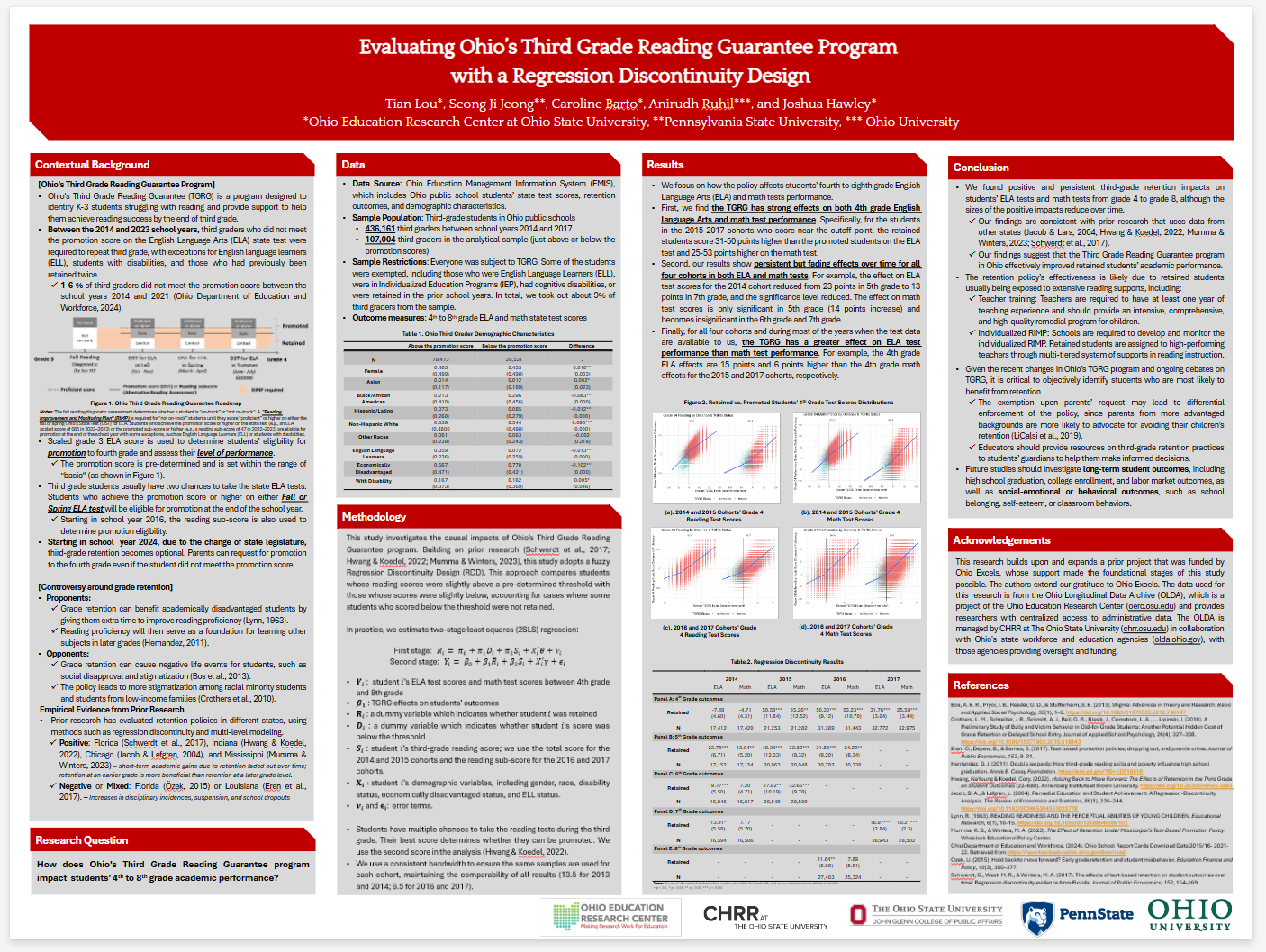
Evaluating Ohio’s Third-Grade Reading Guarantee Program with a Regression Discontinuity Design
This study examines the impacts of Ohio’s TGRG program by using a fuzzy Regression Discontinuity Design (RDD), aiming to provide policymakers and educators with data-driven causal evidence. The fuzzy RDD approach compares students whose reading scores were slightly above a pre-determined threshold with those whose scores were slightly below, accounting for cases where some students who scored below the threshold were not retained. Using data from the Ohio Education Management Information System (EMIS), we track four cohorts (2014–2017) and examine the impacts of retention on ELA and math scores from fourth to eighth grade.

OERC Publishes Ohio Broadband & 5G Sector Partnership Regional Node Summary Report
The OERC Research Team led the Broadband & 5G Sector Partnership (SP) Data Analytics & Evaluation Working Group visits with Node Leadership Teams to share region specific research findings useful for strategic planning and implementation efforts. Insights from Listening Sessions will inform future SP research goals and provide valuable geographic context for SP and Node initiatives. Expanding the existing telecom workforce development system’s capacity to increase the availability of inclusive education and training programs aligned with sector career pathways is the focus as partners prepare Ohio’s workforce for the full impact of the BEAD program expansion investments. This report was initially shared at the Broadband & 5G Sector Partnership Quarterly Meeting on July 12th.

OERC hires a new Research Associate, Katie Jennings
Katie Jennings is a Research Associate at the OERC, where she contributes to quantitative and qualitative research, aids data analysis and collection, and provides administrative assistance for OERC projects.

OERC hires a new Data Scientist, Xiangyu Ren

OERC Director, Josh Hawley, was recently featured on "Marketplace".
OERC Director, Josh Hawley, was recently featured on "Marketplace" talking about the supply of skilled workers in the U.S.

Dr. Tian Lou, OERC Research Scientist, recently presented her work at the Labor Market Information Institute’s Annual Conference.
In the panel, From Unemployment to Reemployment: Tracking UI Claimants, Dr. Lou presented her research results examining Ohio’s Unemployment Insurance data to inform on real-time employment trends and shared her methodology so others can recreate in their state.
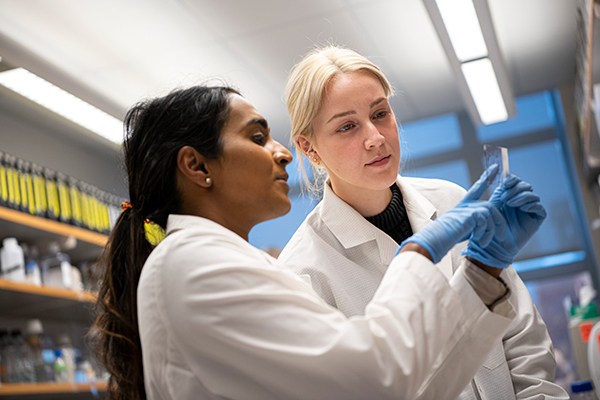
COVID-19: Cross-Agency Data and Research
The COVID-19 pandemic brought many changes to the education and workforce sectors, as well as the way in which state agencies collect data on these sectors. These changes have uncovered new questions about readiness and challenges for collection and research, as well as ways to improve inequities and provide assistance to individuals in need. The U.S. Department of Education’s Institute of Education Sciences highlighted how the Ohio Education Research Center and its state agency partners responded to the Covid-19 pandemic by conducting cross-agency research using the Ohio Longitudinal Data Archive.

Dr. Josh Hawley, Director of the Ohio Education Research Center, was awarded a Fulbright ASEAN Research Program Award
The Ohio State University’s Office of International Affairs recently announced that Dr. Josh Hawley, Director of the Ohio Education Research Center, was awarded a Fulbright ASEAN Research Program Award to Thailand, Malaysia and Vietnam during January – May 2021 to research approaches to labor market planning for technical and vocational education. His proposed study will examine labor market data systems and their use by the education systems in Malaysia, Thailand and Vietnam and will lay the groundwork for a new model of how data can be used in educational planning.
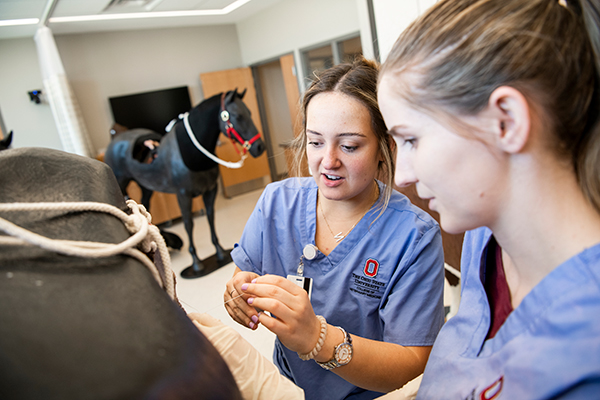
The Role of Education, Occupational Match on Job Satisfaction in the Behavioral and Social Science Workforce
The OERC's Julie Maurer and Josh Hawley, and John Glenn College of Public Affairs alumnus, Hyungjo Hur, have a new paper — "The role of education, occupational match on job satisfaction in the behavioral and social science workforce" — published in Human Resource Development Quarterly.
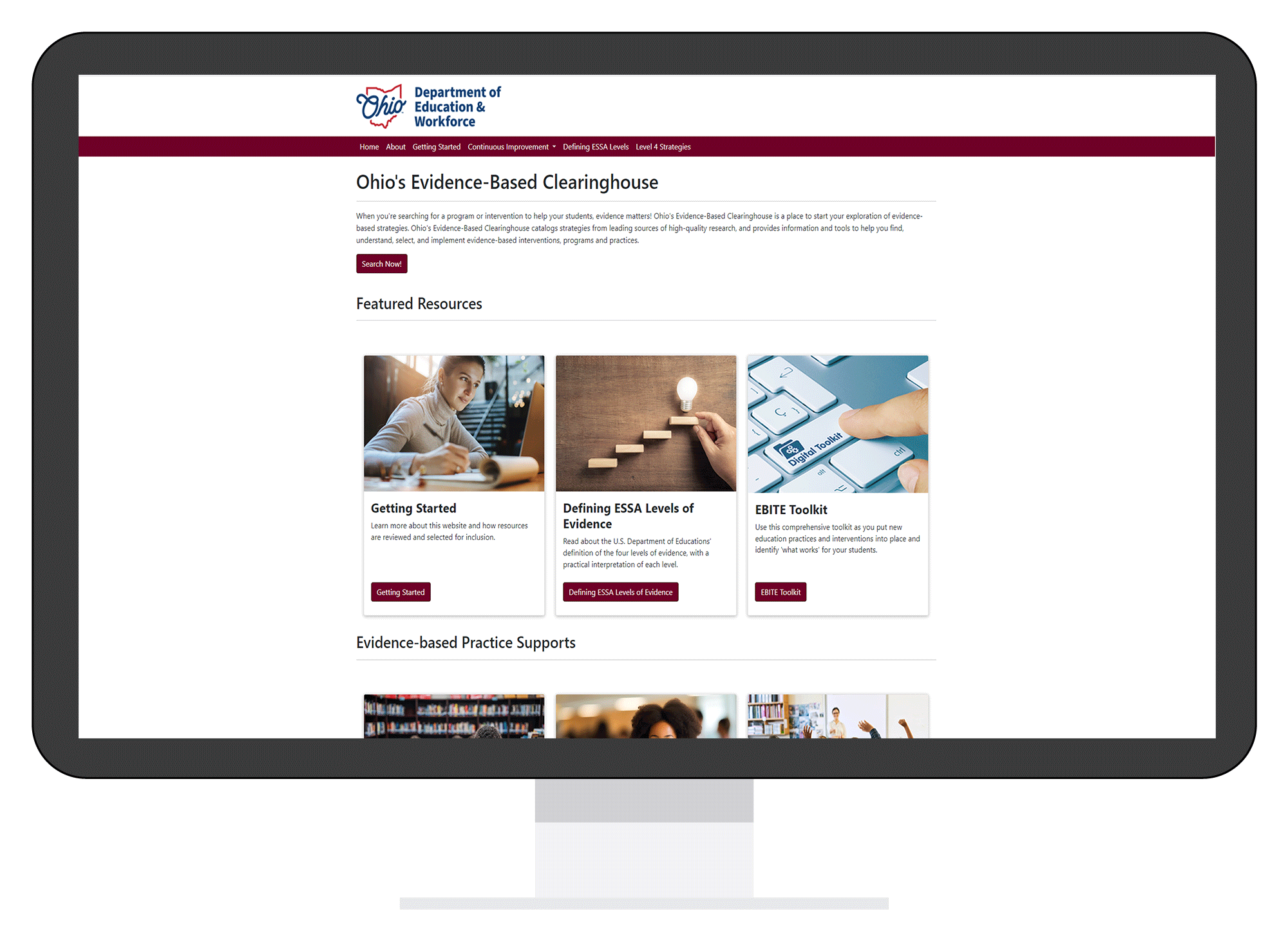
Ohio's Evidence-Based Clearinghouse
The OERC collaborated with the Ohio Department of Education and Workforce to develop Ohio's Evidence-Based Clearinghouse, an online tool intended to empower Ohio’s districts with the knowledge, tools and resources that will help them identify, select and implement evidence-based strategies for improving student success.
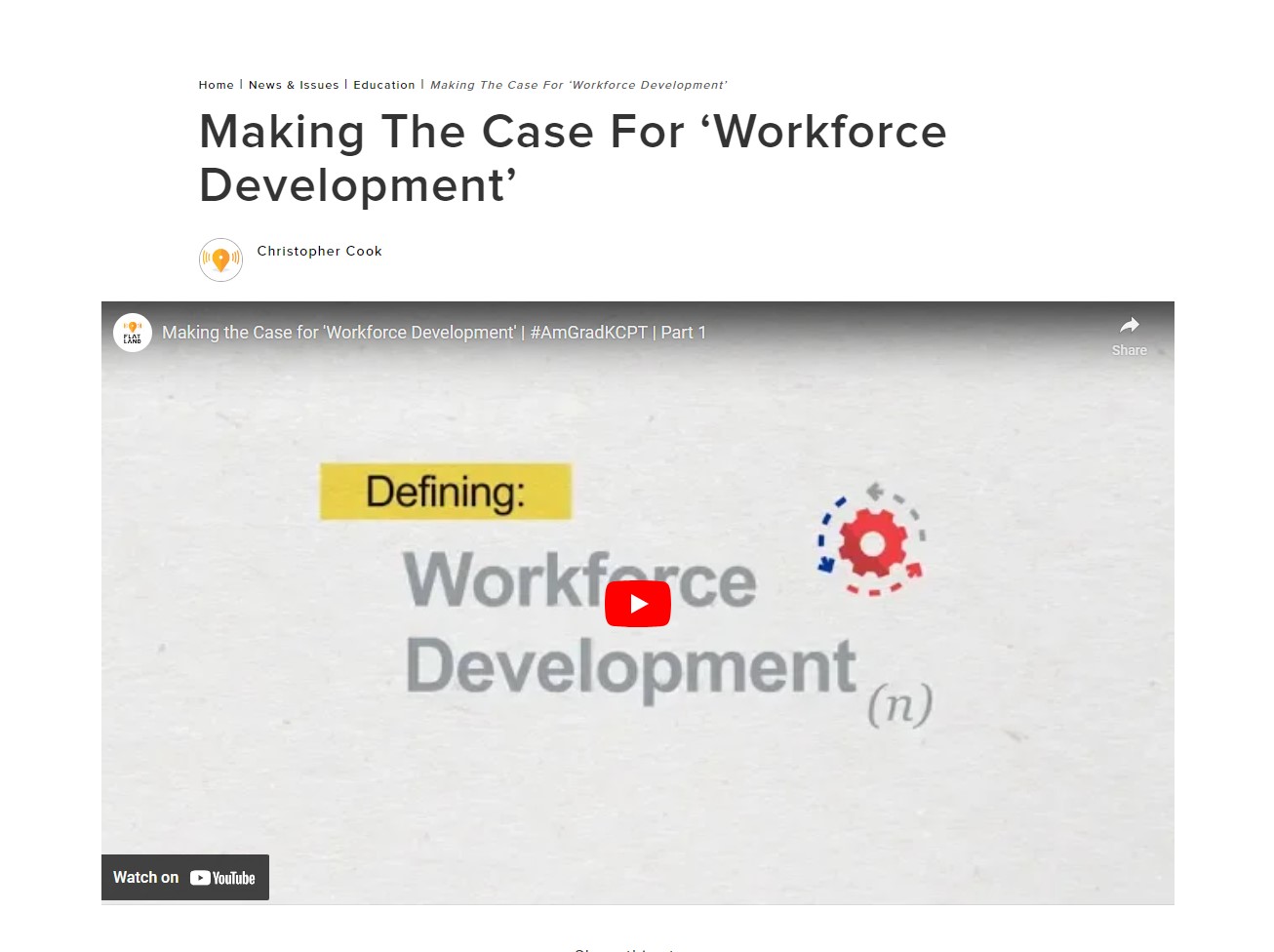
Making the Case for Workforce Development
The OERC’s Director, Josh Hawley, was recently featured in a video, “Making the Case for Workforce Development” produced by Kansas City PBS station, KCPT as a part of its participation in the national American Graduate: Getting to Work project.

Nevertheless She Persisted? Gender Peer Effects in Doctoral Stem Programs
The National Bureau of Economic Research recently released a new working paper by OERC collaborators, Valerie Bostwick, a post-doctoral researcher in economics at The Ohio State University, and Bruce Weinberg, a professor of economics and public administration at The Ohio State University. The paper, "Nevertheless She Persisted? Gender Peer Effects in Doctoral STEM Programs studies the environment in STEM doctoral programs and the effect on gender differences in Ph.D. persistence and completion. The paper suggests that women's success in STEM Ph.D. programs has much to do with having female peers, especially in their first year in graduate school.

Symptoms versus Root Causes: A Needed Structural Shift in Academia to Help Early Careers
The OERC’s Director, Josh Hawley, was a co-author on a recent study with, Navid Ghaffarzadefan, Ran Xu, and Richard Larson, “Symptoms versus Root Causes: A Needed Structural Shift in Academia to Help Early Careers,” that was published in BioScience, the Journal of the American Institute of Biological Sciences.
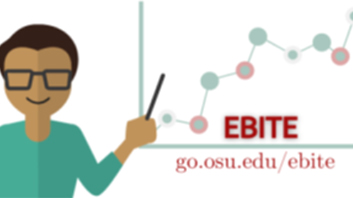
Evidence-Based Intervention (EBI) Training in Education (“EBITE”)
Are you an Ohio State Support Team (SST) member or Regional Data Lead (RDL) working with a school or district and wanting to learn more about EBIs to improve student outcomes?
Are you looking for hands-on experience using the Ohio Evidence-based Clearinghouse (OEBC) and other sources for locating EBIs?
Do you need practical tools to guide decisions around use of EBIs? EBITE can help!
Are you looking for hands-on experience using the Ohio Evidence-based Clearinghouse (OEBC) and other sources for locating EBIs?
Do you need practical tools to guide decisions around use of EBIs? EBITE can help!

Elizabeth Yirava
Hi, I’m Elizabeth Yirava. I’m a third year Statistics and Public Policy Analysis student at the John Glenn College. This summer, I’m interning with OHFA (Ohio Housing Finance Agency). I’ve had an interest in using math and data to create policy and solve public problems since I began college, and the PSDS internship seemed like a great way to develop my data analytics skills. Her dream career is working with public and education data.
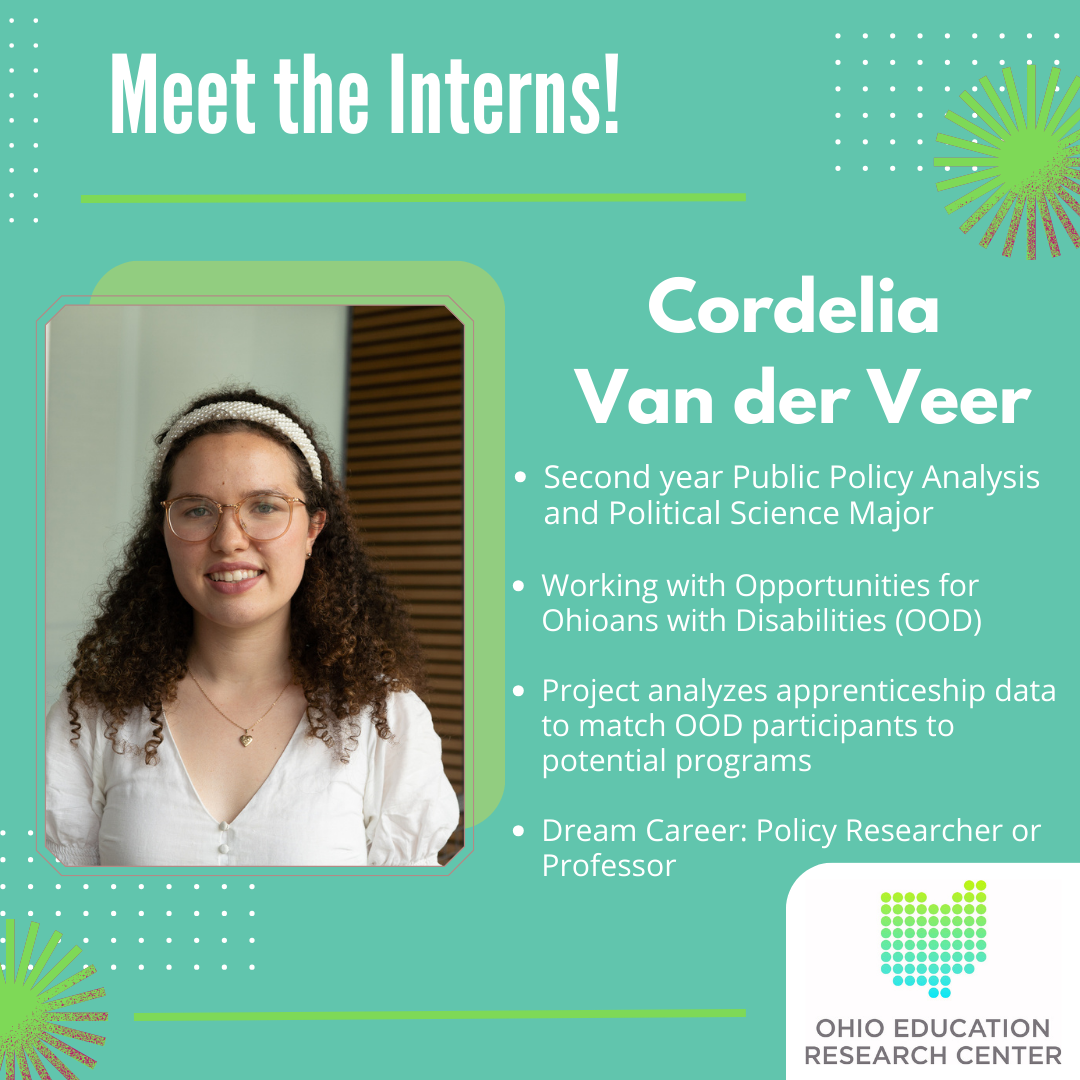
Cordelia Van der Veer
My name is Cordelia Van der Veer, and I am an incoming 2nd year majoring in public policy analysis and political science. This summer, I am working for Opportunities for Ohioans with Disabilities (OOD). I chose the PSDS internship because I wanted to learn more about programming and data analysis related to public policy questions. Her dream career would be working as a Policy Researcher or to be a Professor.

Zaida Jenkins
The Ohio Education Research Center — a collaborative of the John Glenn College and the Center for Human Resource Research — offers the Public Sector Data Internship Program for students interested in exploring careers in policy research and evaluation. This year, we were very excited to host three interns at state agencies across Columbus. Her dream career is to be a Local Government Official.
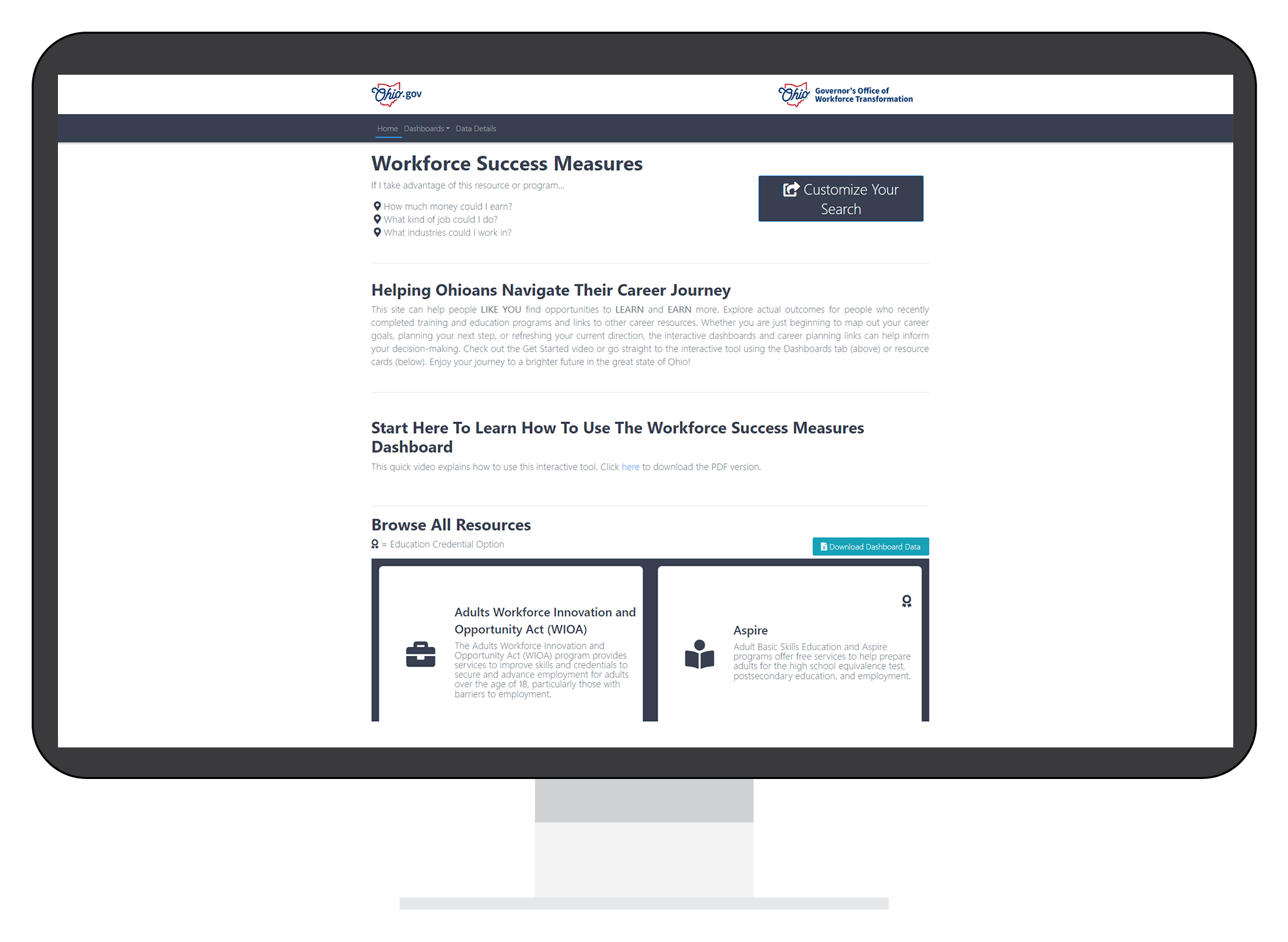
Workforce Success Measures
Ohio’s Workforce Success Measures Dashboard provides job seekers, students, career counselors, and others with information on Ohio’s post-secondary education and career training programs. A team of researchers from the Ohio Education Research Center at the John Glenn College of Public Affairs and the CHRR worked with a group of key stakeholders to design this valuable tool. It was launched in December and is now available for anyone to use.
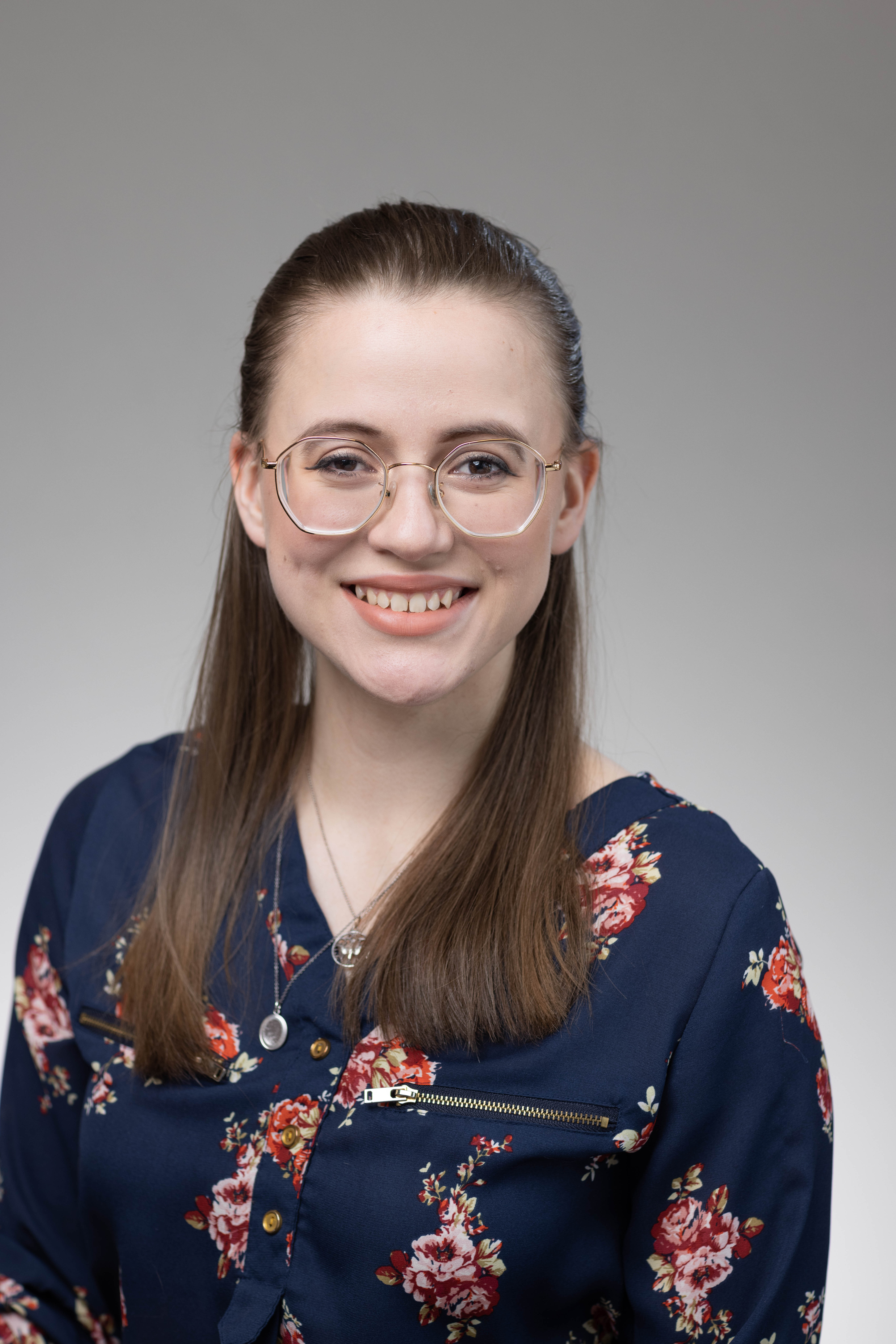
The Ohio Education Research Center is pleased to welcome our new Data Science Analyst, Caroline Barto
Ms. Barto is a recent graduate of The Ohio State University’s College of Arts and Sciences. She will primarily work with the team at CHRR, bringing her expertise from her Data Analytics major and her past research projects to support the work of the OERC. We interviewed Ms. Barto to learn more about her background and what she hopes to accomplish here at the OERC.

Ian Montgomery
Our next intern of the week is Ian Montgomery. Ian is a third year Economics Major from Columbus, Ohio. He is interning with the Ohio Department of Education to on an analysis to identify positive outlier schools in Ohio.

Evelyn Arrey
Our next intern of the week is Evelyn Arrey. Evelyn is a Ph.D. student in Industrial and System Engineering.
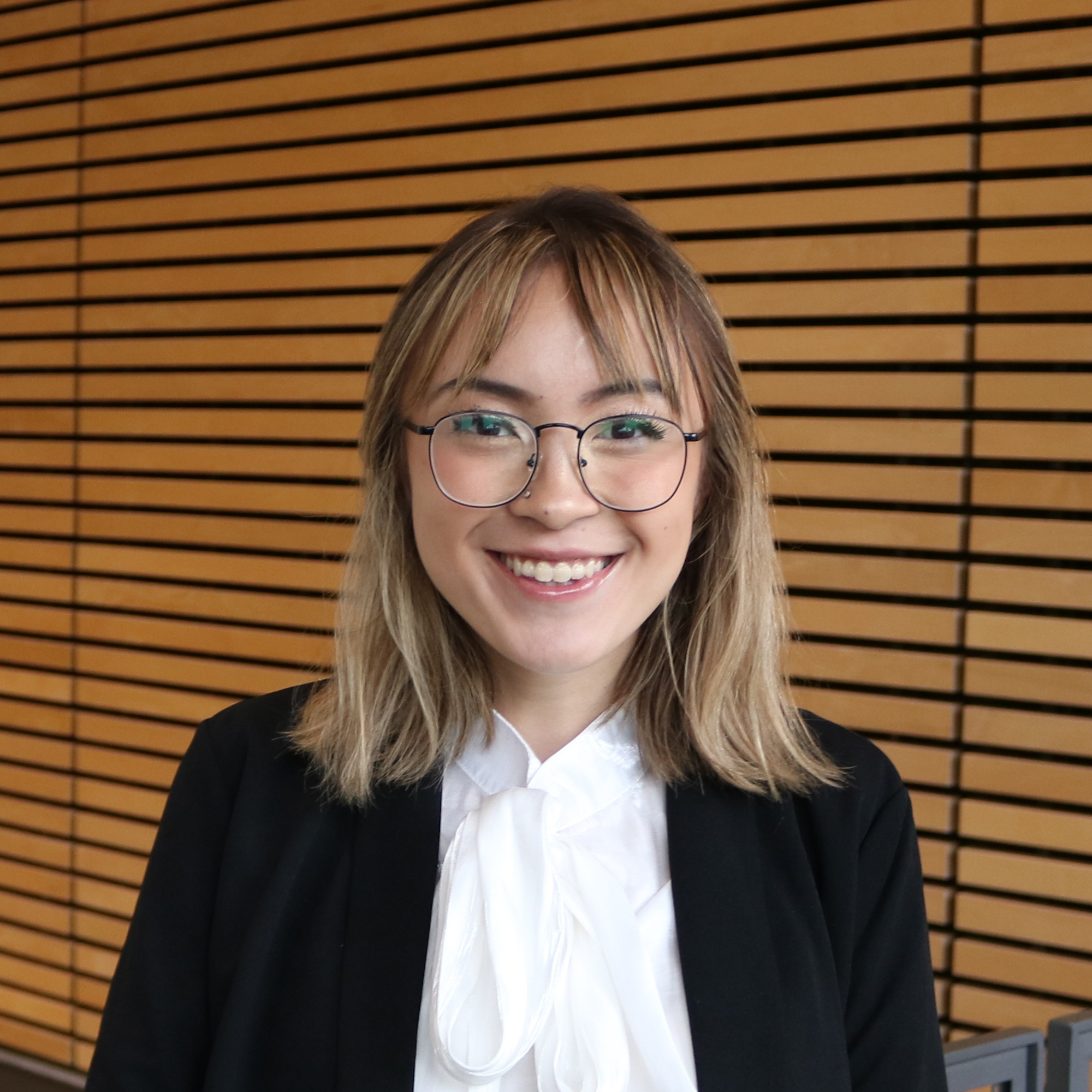
Tiana Stussie
Our next intern of the week is Tiana Stussie. Tiana is going into her fifth year at Ohio State to earn a mathematics minor in addition to her major in Public Policy Analysis.

Dr. Julie Maurer, OERC Lead Research Manager, will present her poster "Effective self-directed learning activities for master’s in Public Administration policy simulation and modeling curriculum." at the 2022 International System Dynamics Society Conference
This presentation overviews how grounding instructional design strategies in andrigological principals can result in engaging and accessible self-directed learning activities effective for teaching system dynamics to adults. Effectively teaching system dynamics as a policy modeling tool to master’s students in public administration presents myriad challenges – particularly when delivered remotely in an online environment. One such challenge is building efficacy for learners from diverse non-technical disciplines pursuing careers in public administration. This case study of developing a public policy simulation and modeling course using instructional strategies anchored in the six key principals of androgogy. We examine the use of a model building project as a practical way to consider individual learners contexts, motivations and other unique characteristics. This inclusive approach may be useful for others who are developing curricula to teach applied system dynamics to adults.
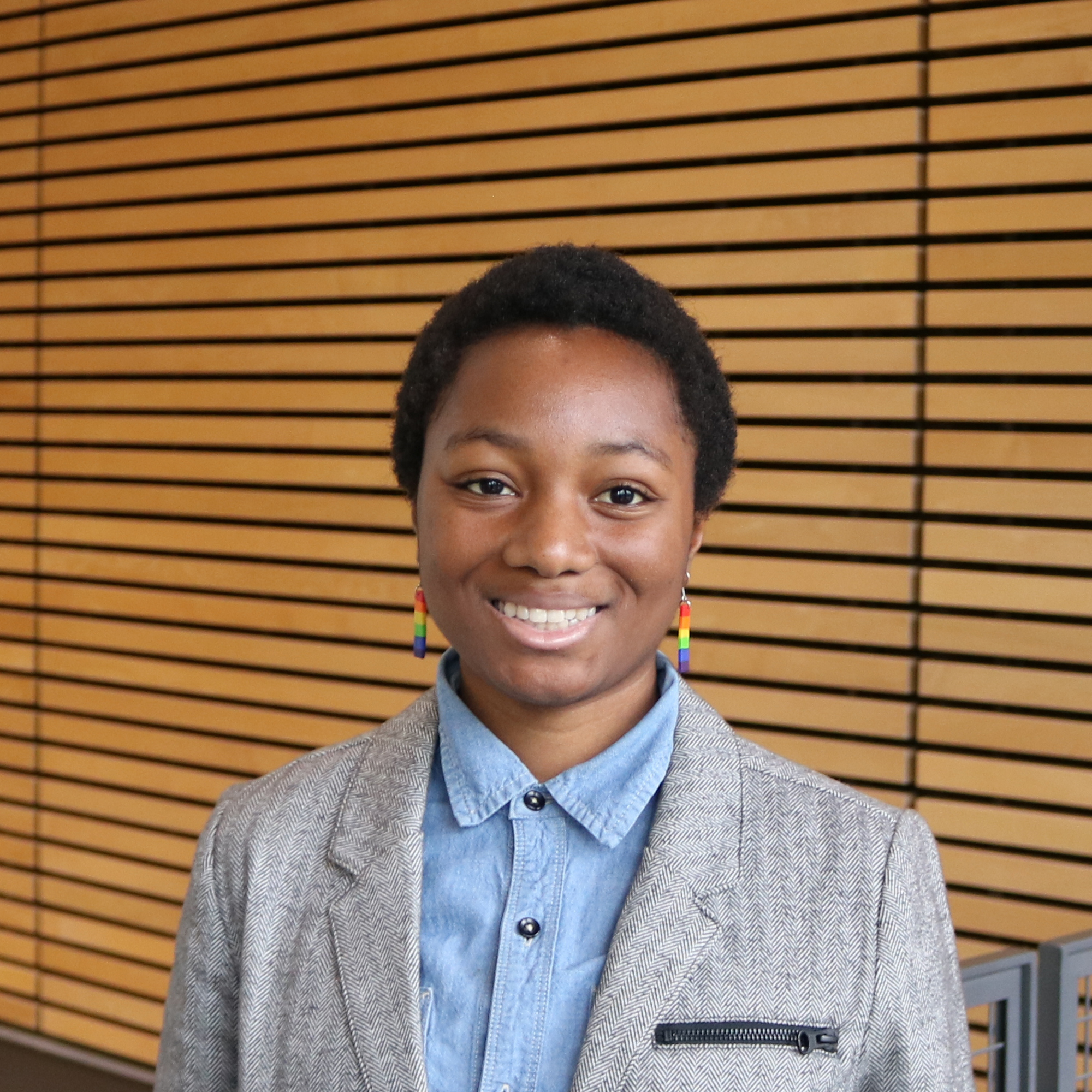
Sarah Stouffer-Lerch
Our next intern of the week is Sarah Stouffer-Lerch. Ms. Stouffer-Lerch is interning with the Ohio Housing Finance Agency analyzing their Homeowners Assistance Fund data.
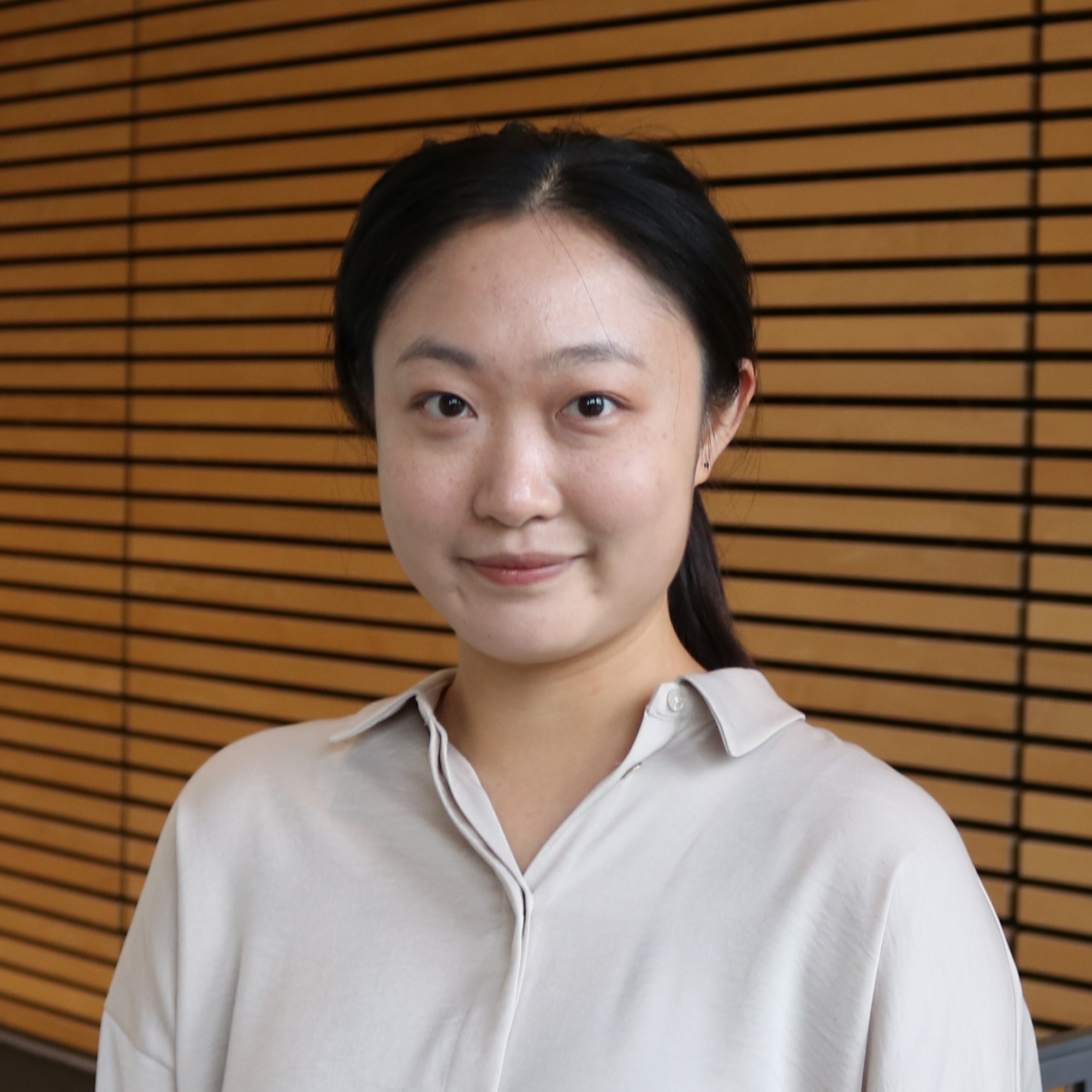
Qiqi Ding
Our first intern of the Week is Qiqi Ding. Ms. Ding is a 4th year Economics major from Wenzhou, China. She is interning with the Ohio department of Higher Education on a project analyzing their facilities data.
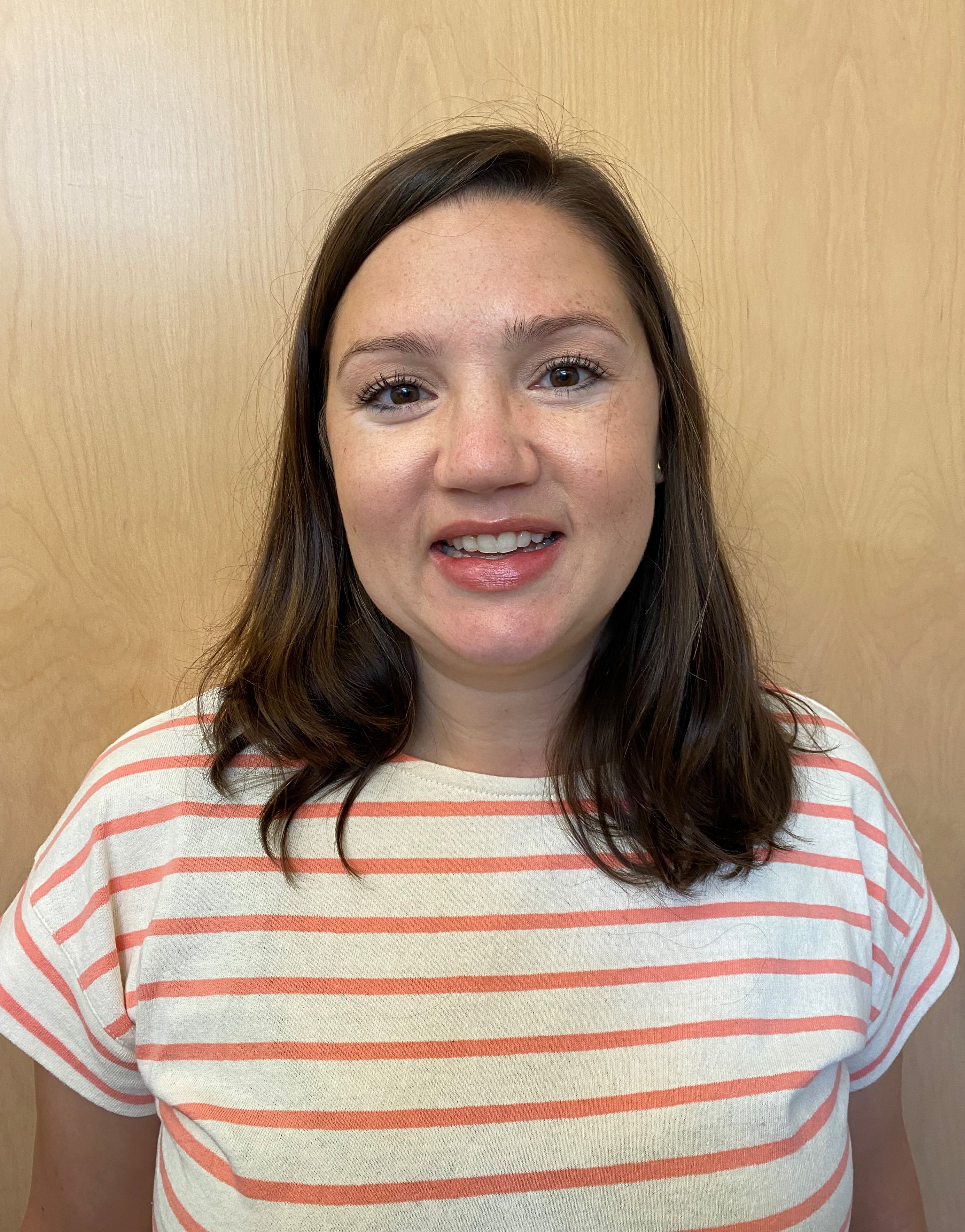
The Ohio Education Research Center is pleased to welcome our new Senior Research Associate, Dr. Jessica Collura.
Dr. Collura comes to us from the Voinovich School of Leadership and Public Affairs at Ohio University. She will be working with the OERC on a number of projects utilizing her extensive research and facilitation skills. We interviewed Dr. Collura to learn more about her background and what she hopes to accomplish here at the OERC.

Public Sector Data Science Program Guest Speakers
The Ohio Education Research Center would like to thank all of our guest speakers this summer for donating their time and expertise to connect with our Public Sector Data Science interns. Each speaker has brought a unique perspective on the data science field and has helped our interns to explore careers in a variety of positions and sectors.
No items available.

The Ohio Education Research Center is pleased to welcome our new Postdoctoral Scholar, Dr. Seong Ji Jeong
Dr. Jeong comes to us from Seoul National University, where she completed her Ph.D. in Agricultural and Vocational Education with a dissertation titled, “The Impact of Learning Experiences and Readiness-Related Characteristics on the Middle-Aged Participants’ Volition in a Returning to Farming Education Program.” She will be working with the OERC’s team of analysts and research scientists on a number of evaluations of education, training and workforce programs using the Ohio Longitudinal Data Archive. We interviewed Dr. Jeong to learn more about her background and what she hopes to accomplish here at the OERC.
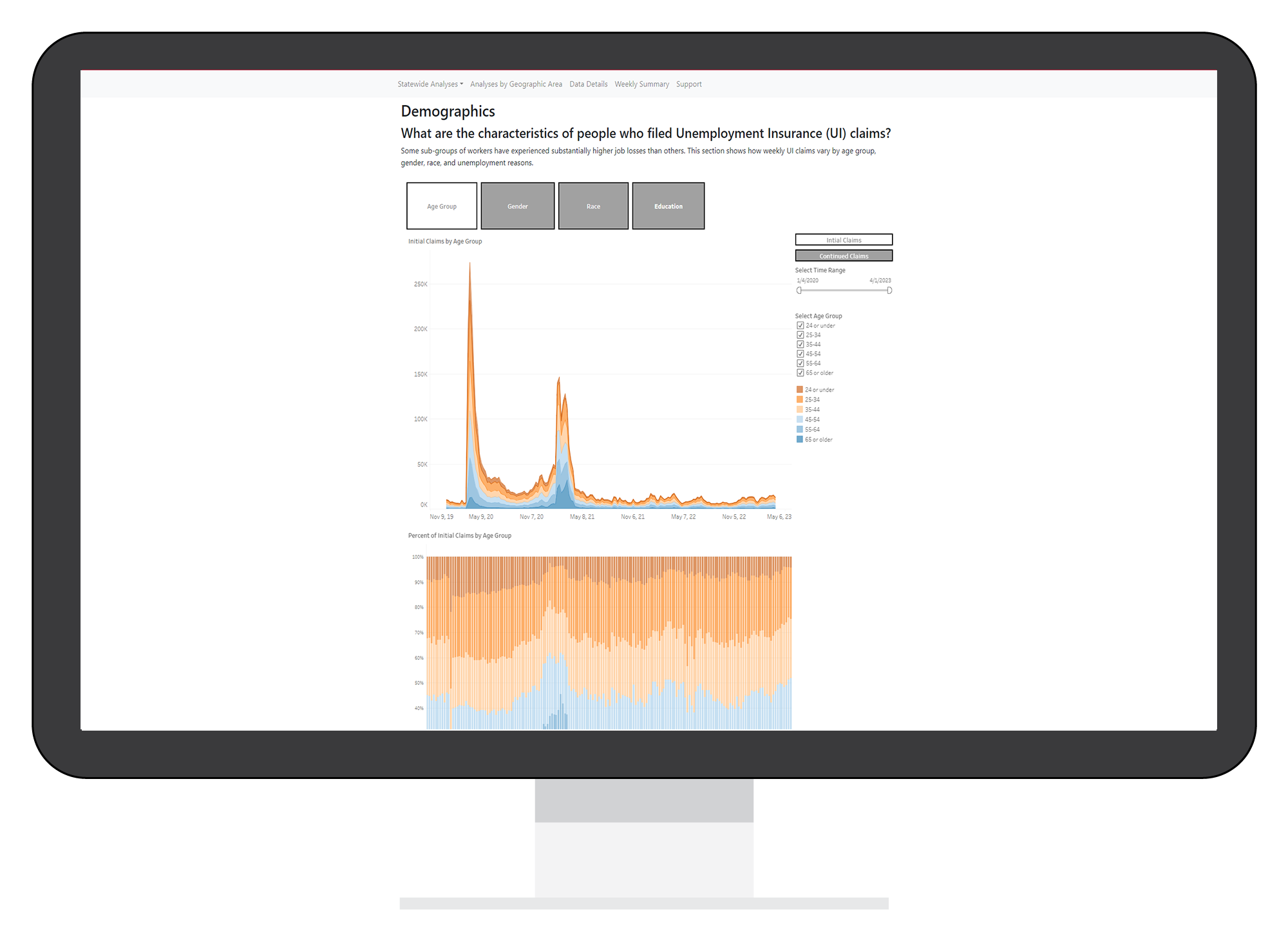
Unemployment Insurance Eligibility after COVID-19
The impacts of widespread business closures due to the coronavirus pandemic are evident in trends observed over time. Select various tabs to explore additional content. The dashboard is updated as new data become available.
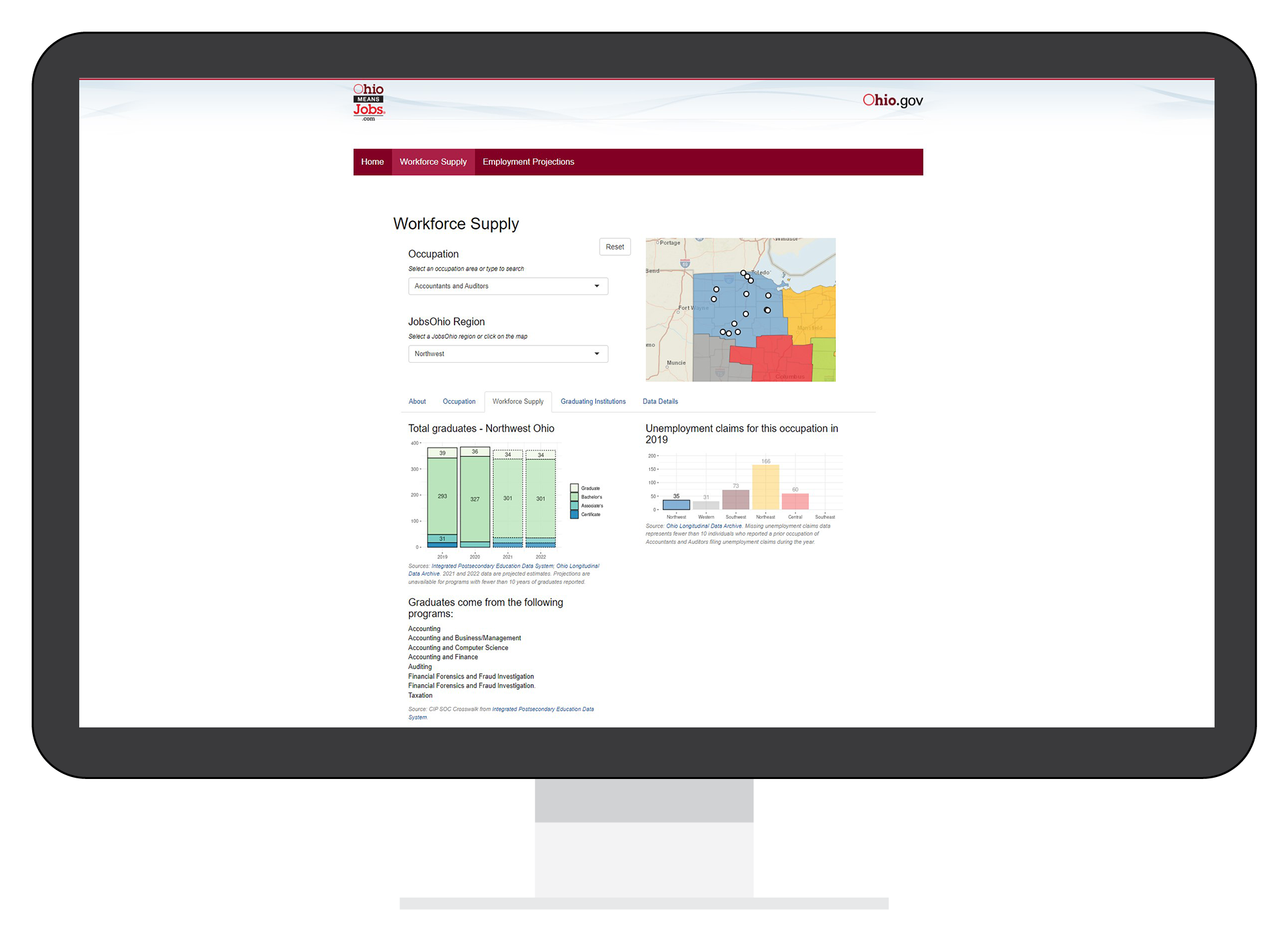
Ohio's Workforce Supply Tool
The State of Ohio's Workforce Supply Tool provides employers and job seekers important and actionable information about more than 200 of the most in-demand occupations in Ohio.
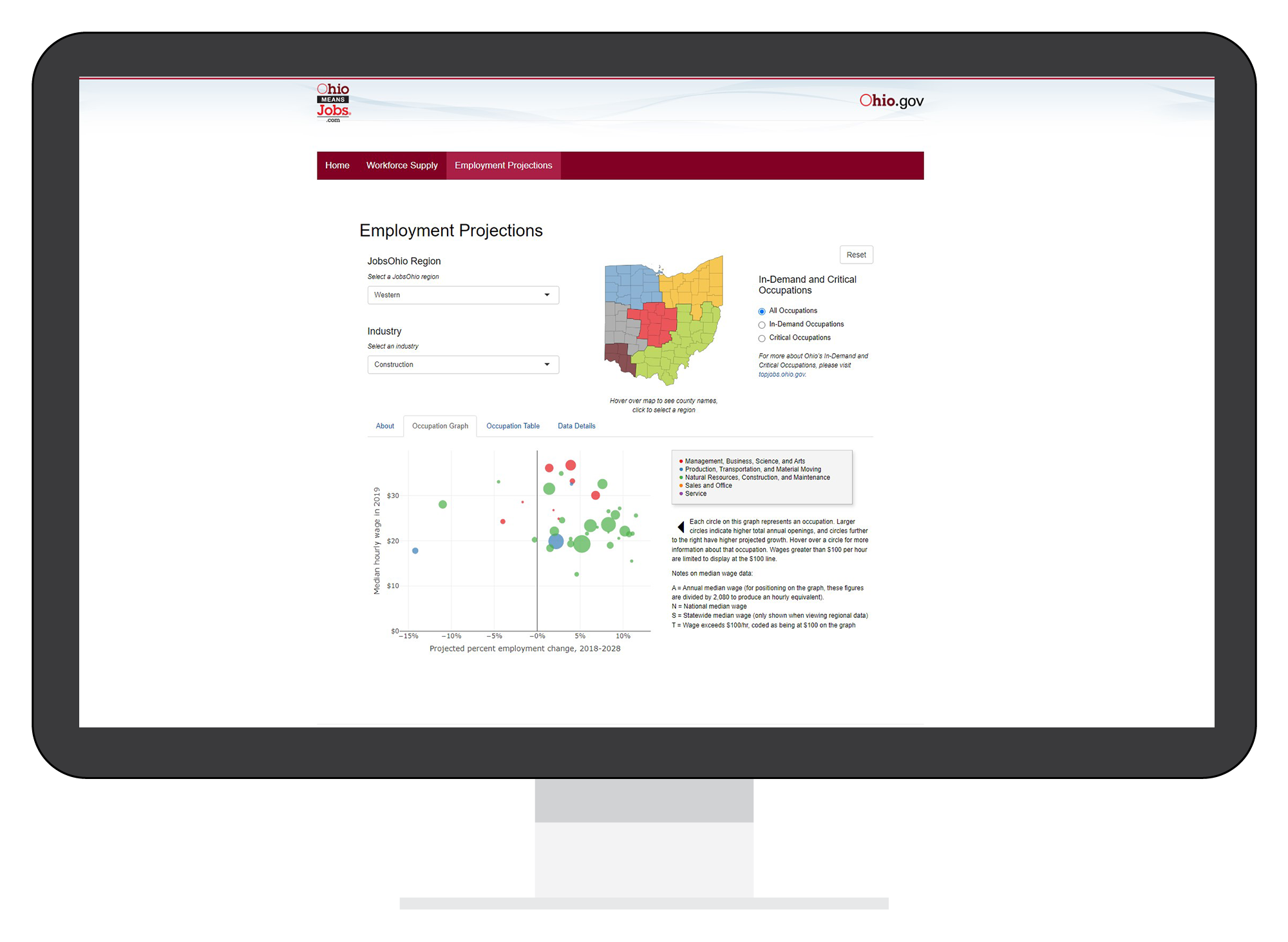
Employment Projections: a new tool in Ohio's Workforce Data Toolbox
The State of Ohio has a new tool in its workforce data toolbox. The new Employment Projections Tool provides job seekers with information on job openings, growth, and wages by occupation in Ohio.
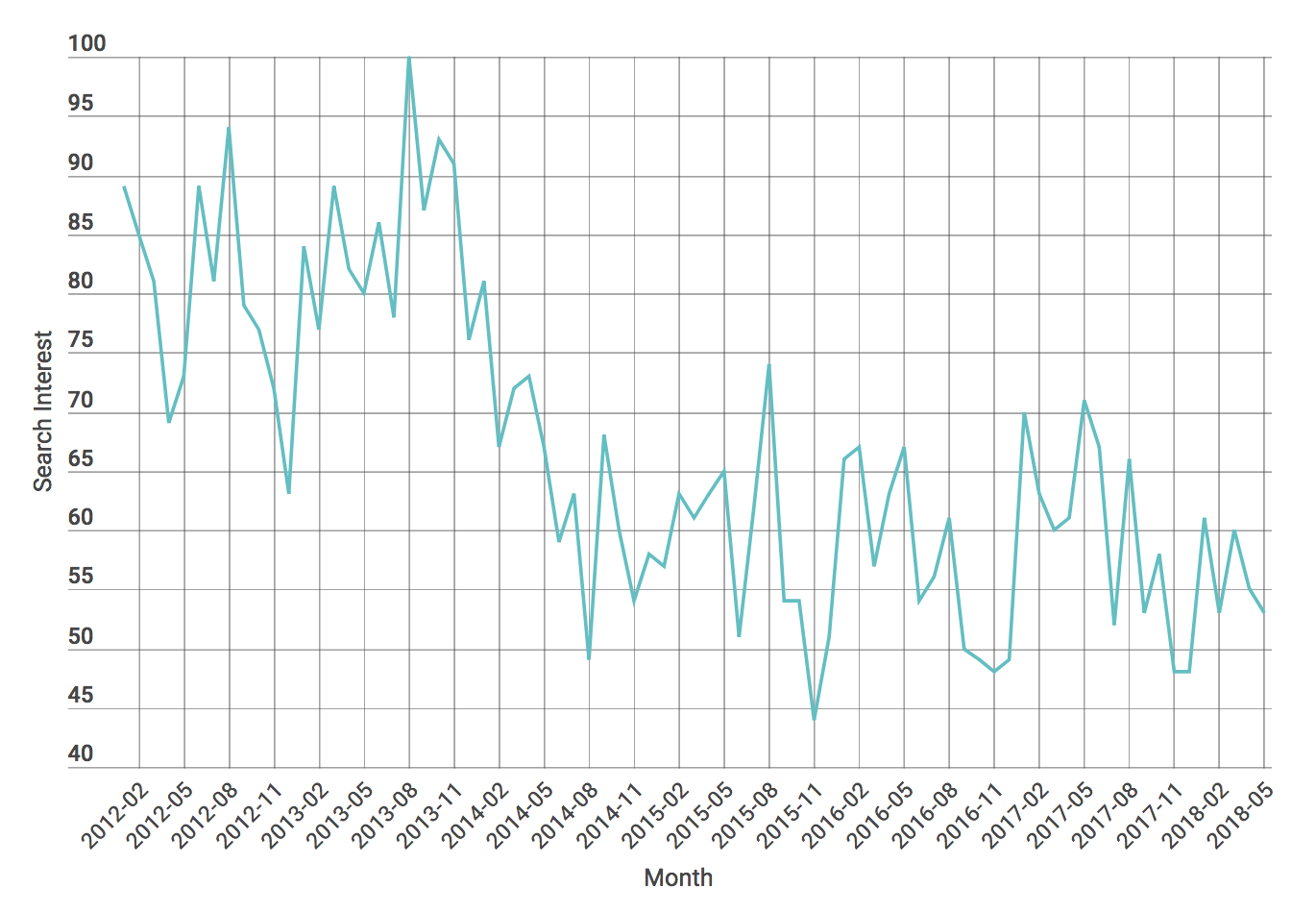
Are People in Ohio Interested in getting a GED?
How interested are Ohio residents in getting a GED? Perhaps analyzing Google search data can provide some insight.

How Do Ohio Students Fare In Reading Compared To The Rest Of USA?
Ohio students are tested on their reading many times before they graduate. How do our state’s students compare with students from the rest of the nation in reading?
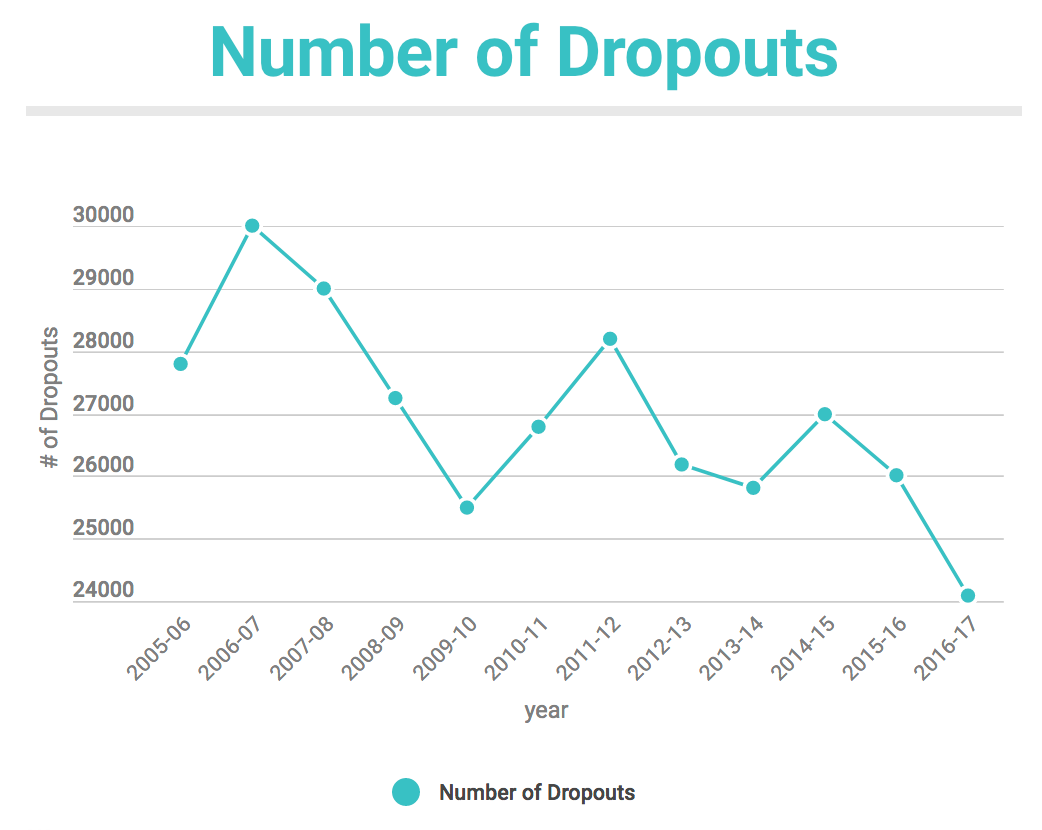
Dropouts In Ohio
The number of high school dropouts in Ohio have decreased in recent years, Dr. Jay Zagorsky presents his most recent analysis of that data.

Higher Education and Workforce Policy
What is the role of government in strategic planning, funding, and monitoring education of higher education?
